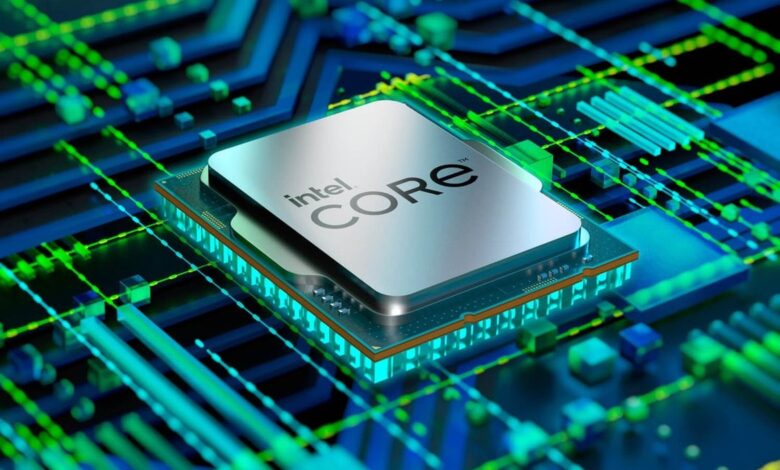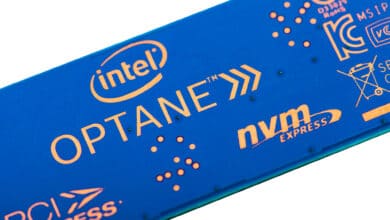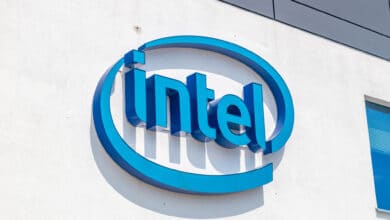
The current 13th and 14th generation Intel Core CPUs are in the spotlight – but not for the reasons many users had hoped. Reports of stability issues and irreversible CPU degradation have caused concern among tech enthusiasts and professional users alike. These developments raise important questions about the reliability and longevity of the latest Intel processors.
Key points at a glance:
- Stability issues and crashes with 13th and 14th generation processors
- Irreversible CPU degradation in Raptor Lake CPUs
- No recall action on the part of Intel
- Recommended measures and possible solutions
Stability problems and CPU crashes
Numerous users of the 13th (Raptor Lake) and 14th generation Intel Core CPUs report instability and unexpected crashes of their systems. These problems often occur under high load, for example during intensive gaming sessions or computationally intensive applications such as video rendering and scientific calculations. The affected CPUs appear to be particularly susceptible to voltage problems, indicating a possible faulty design or inadequate quality controls.
According to an article by The Verge, many users have reported that their systems become unstable and crash more frequently after a certain period of operation. This instability is not only annoying, but can also lead to data loss and interruptions in important work.
Intel has now acknowledged these problems but has not yet offered a comprehensive solution or recall. A microcode patch has been announced to reduce the apparently excessive voltage – but this is still in the validation process and is not expected to be released until August.
It is now clear that this update will come too late for affected CPUs. If the damage is already present, it is irreversible.
Irreversible CPU degradation
In addition to the stability problems, almost all 13th generation Raptor Lake CPUs are affected by potentially irreversible CPU degradation. This degradation occurs when the processors are exposed to high voltages over long periods of time. This leads to a deterioration in the electrical properties of the CPUs, which significantly impairs performance and service life.
ComputerBase reported that degradation causes affected processors to permanently lose performance and may no longer be able to reach their specified clock speeds. This is a serious problem for users who rely on maximum performance from their systems. According to Intel, there will be no recall or sales stop.
All desktop processors affected
Despite the widespread problems, Intel has not yet announced a recall. Instead, the company recommends that affected users adjust their systems to more stable voltages and, if necessary, wait for BIOS updates to resolve the voltage problems.
According to Intel, “all Intel Core desktop CPUs of the 13th and 14th generation with a power consumption of 65 watts or more of the K/KF/KS and non-K series” are affected, as reported to The Verge.
Users affected by these issues should regularly check the official channels of Intel and their motherboard manufacturers for updates and further instructions. It remains to be seen whether Intel will take more comprehensive measures in the future to regain the trust of users and ensure the stability and longevity of their processors.
Conclusion
The current issues with the 13th and 14th generation Intel Core CPUs raise serious questions about the reliability and quality of these processors. The combination of stability issues and irreversible CPU degradation poses a significant challenge to users who depend on the performance and reliability of their systems. Intel has an obligation to provide comprehensive solutions and regain the trust of users. Until then, those affected should follow the recommended measures for voltage adjustment and regular updates.



